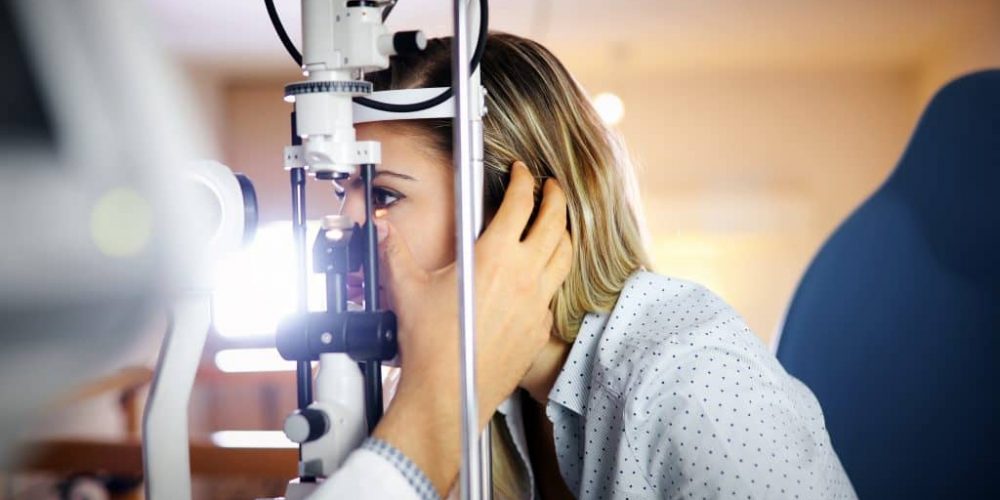Book Your Free No Obligation Laser Eye Surgery Screening today.
Short-sightedness, or myopia as it is known medically, is a refractive error of the eye that is easily corrected. It is one of the most common reasons for wearing spectacles in the UK and worldwide. It is more common in South East Asia and becoming more common in Europe and North America.
In short-sightedness (myopia), the vision is blurred for objects in the distance. It usually occurs when the eyeball is longer than required for the curvature (power) of the cornea or more generally when there is a mismatch between the refractive power of the eye and the length of your eye. This results in light rays coming to focus behind the retina; for normal crisp vision the light rays need to focus on the retina.
The condition usually develops in childhood or teenage years and even low levels of short-sightedness (myopia) can blur your distance vision significantly. The blurred vision is commonly noticed at school when the whiteboard cannot be seen clearly or when one eye is accidentally covered.
There is no definitive cause, but several studies have identified associations and risk factors for developing the condition. Short-sightedness (myopia) has been linked with a family history of the condition, particularly when parents and siblings are affected. Studies with twins have also indicated a strong predisposing genetic element.
Education level has also been linked with developing myopia, with the condition being more common in university graduates than non. Increased use of computers and less outdoor play are also consistent associations. These are relatively similar risk factors and the common underlying activity may be high levels of near work, such as reading, academic work and computer use. It has been postulated that the accommodating effort of the lens (focusing) required for near activities may stimulate the eyeball to become longer.
Short-sightedness and other refractive errors can be diagnosed by your optometrist (optician) or eye doctor. The examination involves a refraction in order to assess the refractive status of the eye. Other abnormalities of the eye, such as cataract or keratoconus, may be detected.


There are a few options for the treatment of short-sightedness (myopia):
We're rated excellent on Trustpilot & average 5-stars on Google, Doctify and TopDoctor for the outstanding service we provide before, during & after treatment.
Nuffield Health Wessex Hospital
Winchester Road, Chandlers Ford,
Eastleigh, SO53 2DW
© Laser Vision Eye Centre 2023. All Rights Reserved.
Enter your details below to get instant access to your free infopack.